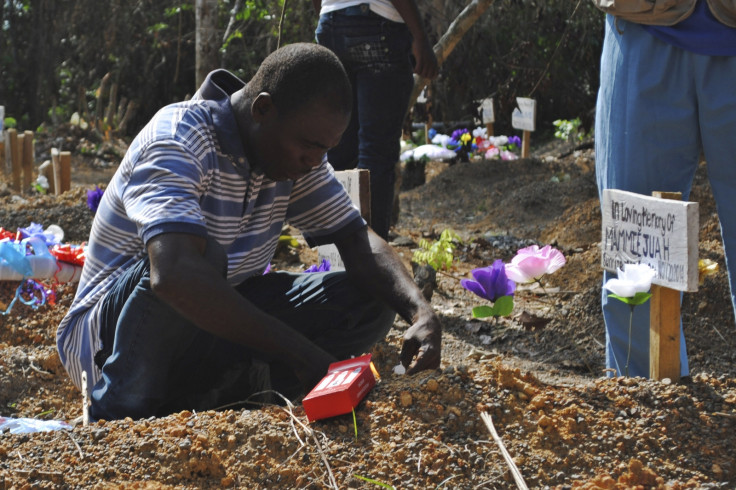Ebola: US aid workers evacuated after exposure to virus that continues to spread, a year after first reported case

Around a dozen American aid workers were evacuated following fears of exposure to the Ebola virus.
They had been working at a clinic run by the US charity Partners in Health in Port Loko district of northern Sierra Leone.
An American clinician back from Sierra Leone had tested positive and is being treated at a hospital near Washington DC. His condition is said to be serious.
Yet another aid worker who was flown in on 13 March after developing symptoms had tested negative twice but was being treated.
Investigators fear the clinician may have exposed others to the virus.
As the evacuees are not showing symptoms, they will not be admitted to hospital, but will instead remain in isolation and be subject to monitoring, said the Centers for Disease Control.
An investigation is continuing, and more workers will be evacuated if necessary.
A year after the first case was reported in the current Ebola outbreak in West Africa, more than 9,976 people have died from the disease in six countries: Liberia, Guinea, Sierra Leone, Nigeria, the US and Mali.
A year after
The total number of reported cases is more than 24,282.
After a drop in cases during January, an increase was reported again in February largely from remote regions of Sierra Leone and Guinea.
This week World Health Organization officials discovered many bodies in a remote diamond-mining area of Sierra Leone, raising fears once again that the scale of the outbreak is under-reported.
Efforts to control Ebola have been hindered by resistance from local communities that distrust outside intervention and are often aggressive. Locals believe the workers are spreading the disease and have often attacked volunteer groups.
Some of the charity organisations have threatened to leave the region.
New chains of transmission have risen due to residents not reporting the cases.
It was in last March that hospitals had alerted Guinea's ministry of health about a mysterious disease in the south-eastern regions of Gueckedou, Macenta, Nzerekore and Kissidougou.
It caused fever, diarrhoea and vomiting and had a high death rate. Of the first 86 cases, 59 people died.
The WHO later confirmed the disease as Ebola.
© Copyright IBTimes 2025. All rights reserved.




















